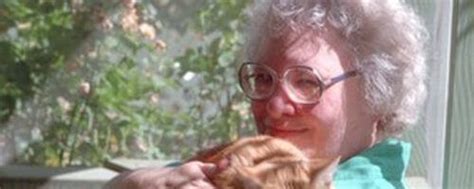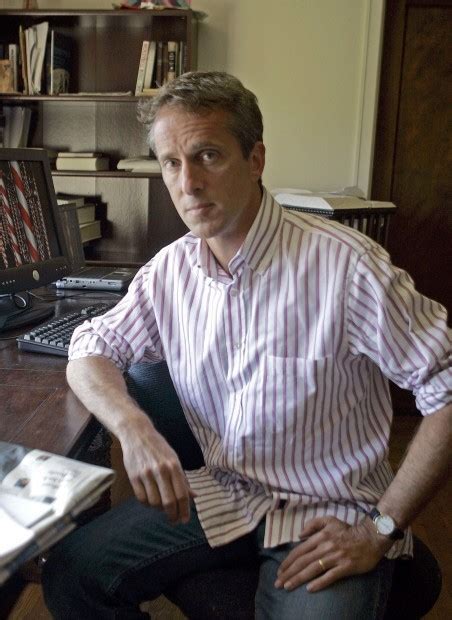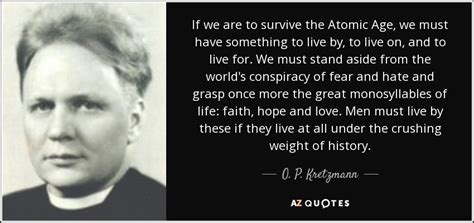A Quote by Sylvia Engdahl
Must a man then live as his fellows live, and never reach beyond?" —Georyn
Related Quotes
But there's the rub. The present can never deliver one thing: meaning. The way of happiness and meaning are not the same. To find happiness, a man need only live in the moment; he need only live for the moment. But if he wants meaning--the meaning of his dreams, his secrets, his life--a man must reinhabit his past, however dark, and live for the future, however uncertain. Thus nature dangles happiness and meaning before us all, insisting only that we choose between them.
One minute. You know nothing about him. He probably has his own joys and interests- wife, children, snug little home. That's where we practical fellows'- he smiled-'are more tolerant than you intellectuals. We live and let live, and assume that things are jogging on fairly well elsewhere, and that the ordinary plain man may be trusted to look after his own affairs.
Because the child must have a valuable thing which is called imagination. The child must have a secret world in which live things that never were. It is necessary that she believe. She must start out believing in things not of this world. Then when the world becomes too ugly for living in, the child can reach back and live in her imagination.
If we are to survive the Atomic Age, we must have something to live by, to live on, and to live for. We must stand aside from the world's conspiracy of fear and hate and grasp once more the great monosyllables of life: faith, hope and love. Men must live by these if they live at all under the crushing weight of history.
We believe that we live in the 'age of information,' that there has been an information 'explosion,' an information 'revolution.' While in a certain narrow sense this is the case, in many important ways just the opposite is true. We also live at a moment of deep ignorance, when vital knowledge that humans have always possessed about who we are and where we live seems beyond our reach. An Unenlightenment. An age of missing information.
It is commonplace of all religious thought that the man seeking visions and insight must go apart from his fellows and live for a while in the wilderness. If he is of proper sort, he will return with a message. It may not be a message from the god he set out to seek but even if he has failed in that particular, he will have had a vision or seen a marvel and these are always worth listening to or thinking about.
We may live without poetry, music and art; We may live without conscience, and live without heart; We may live without friends; we may live without books; But civilized man cannot live without cooks. . . . He may live without books,-what is knowledge but grieving? He may live without hope,-what is hope but deceiving? He may live without love,-what is passion but pining? But where is the man that can live without dining?
Man is a carnivorous production, And must have meals, at least one meal a day; He cannot live, like woodcocks, upon suction, But, like the shark and tiger, must have prey; Although his anatomical construction Bears vegetables, in a grumbling way, Your laboring people think beyond all question, Beef, veal, and mutton better for digestion.





































